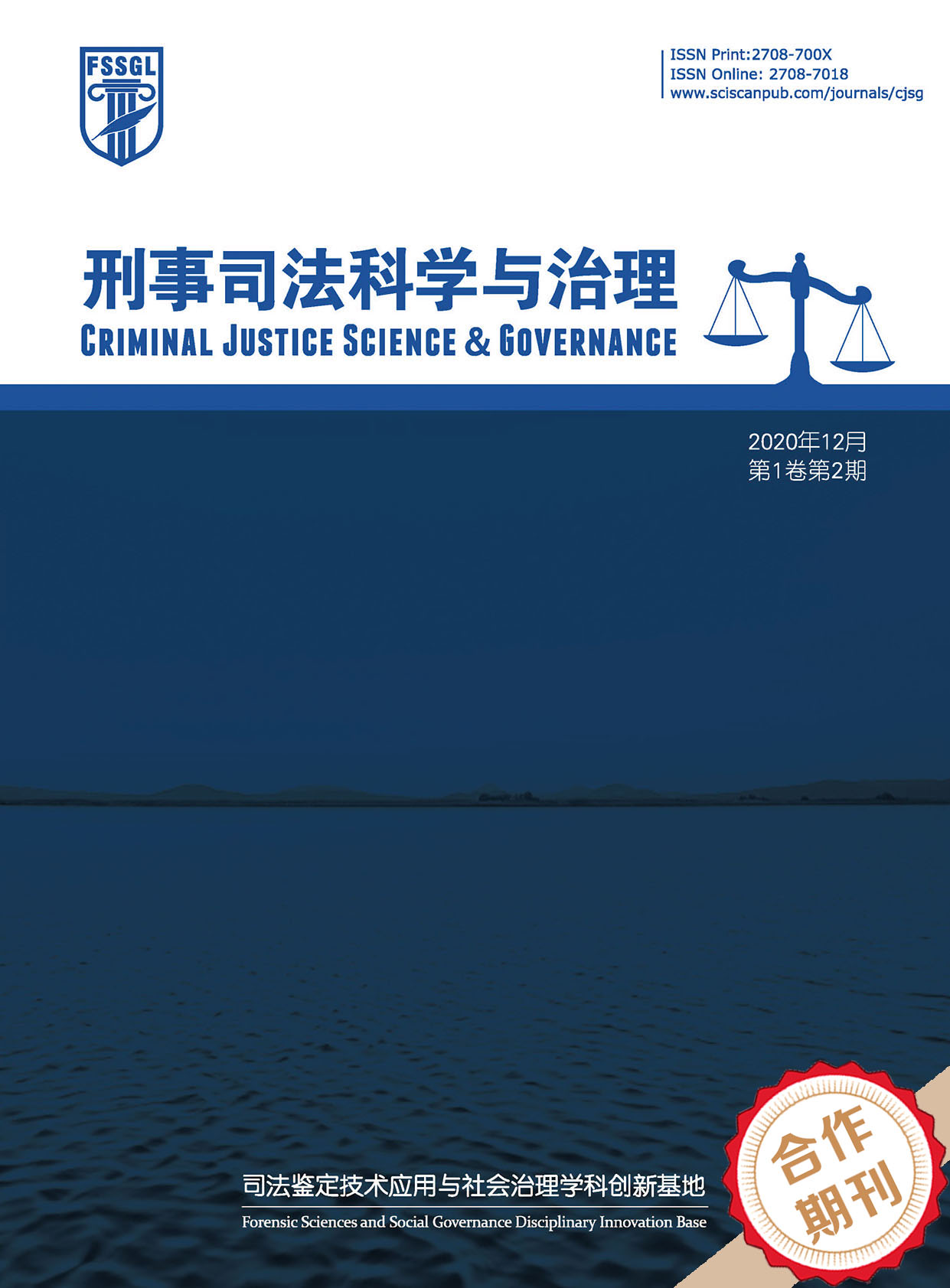Criminal Justice Science & Governance
ISSN Print:2708-700X
ISSN Online:2708-7018
Contact Editorial Office
Subscribe to the latest published information from SCISCAN
论收买被拐卖妇女、儿童罪的罪刑适应性调整
The Theory of Limited Increase in the Statutory Sentence for the Crime of Buying Abducted and Trafficked Women and Children
- Authors: 邹婷
-
Information:
中南财经政法大学刑事司法学院,武汉
- Keywords: 买卖妇女儿童犯罪;收买被拐卖的妇女、儿童罪;人身不受买卖的权利;有限提高论
- Trafficking in women and children; The crime of buying abducted and trafficked women and children; The right not to be bought or sold; Limited improvement theory
- Abstract: 收买被拐卖的妇女、儿童罪法定刑适当与否的问题引发学者热议,主要存在买卖同罚论、维持论、取消罪名说及有限提高论四种观点。买卖同罚论忽略了买卖妇女儿童犯罪的社会危害性即客观危害和主观不法程度存在差异;维持论错误将收买被拐卖的妇女、儿童罪理解为后续重罪的预备犯,并以数罪并罚形式将两者结合评价为重罪;取消罪名说忽视收买被拐卖的妇女、儿童罪存在的独立价值,过分解读“买卖”一词的含义。有限提高收买被拐卖的妇女、儿童罪的法定刑可以解决该罪在司法实践中存在的缓刑率过高、实刑率过低等问题,实现自身的微观罪刑均衡;平衡买卖妇女儿童罪的法定刑,与侮辱罪、诽谤罪等罪名对比法定刑,实现整体的宏观罪刑均衡。
- The question of whether the statutory punishment for the crime of buying abducted and traffickedwomen and children is appropriate has aroused heated discussions among scholars, and there are mainly fourviews: the theory of the same punishment for buying and selling, the theory of maintenance, the theory ofabolishing the crime, and the theory of limited increase. The theory of the same punishment for buying andselling ignores the social harmfulness of the crime of buying and selling women and children, that is, there is adifference between the objective harm and the subjective degree of illegality. The maintenance theory erroneouslyunderstands the crime of buying abducted and trafficked women and children as a preparatory offense forsubsequent felonies, and evaluates the two as felonies in the form of combined punishment for multiple crimes;The abolition of the crime ignores the independent value of the crime of buying abducted women and children,and overinterprets the meaning of the word “sale”. A limited increase in the statutory sentence for the crime ofbuying abducted and trafficked women and children can solve the problems of the crime in judicial practice, suchas the excessively high probation rate and the low actual sentence rate, and achieve its own micro-level balance ofcrime and punishment; Balance the statutory penalties for the crime of buying and selling women and children,and compare the statutory penalties with the crimes of insult and defamation, so as to achieve an overall macrobalance of crime and punishment.
- DOI: https://doi.org/10.35534/cjsg.0501010
- Cite: 邹婷.论收买被拐卖妇女、儿童罪的罪刑适应性调整[J].刑事司法科学与治理,2024,5(1):78-87.














